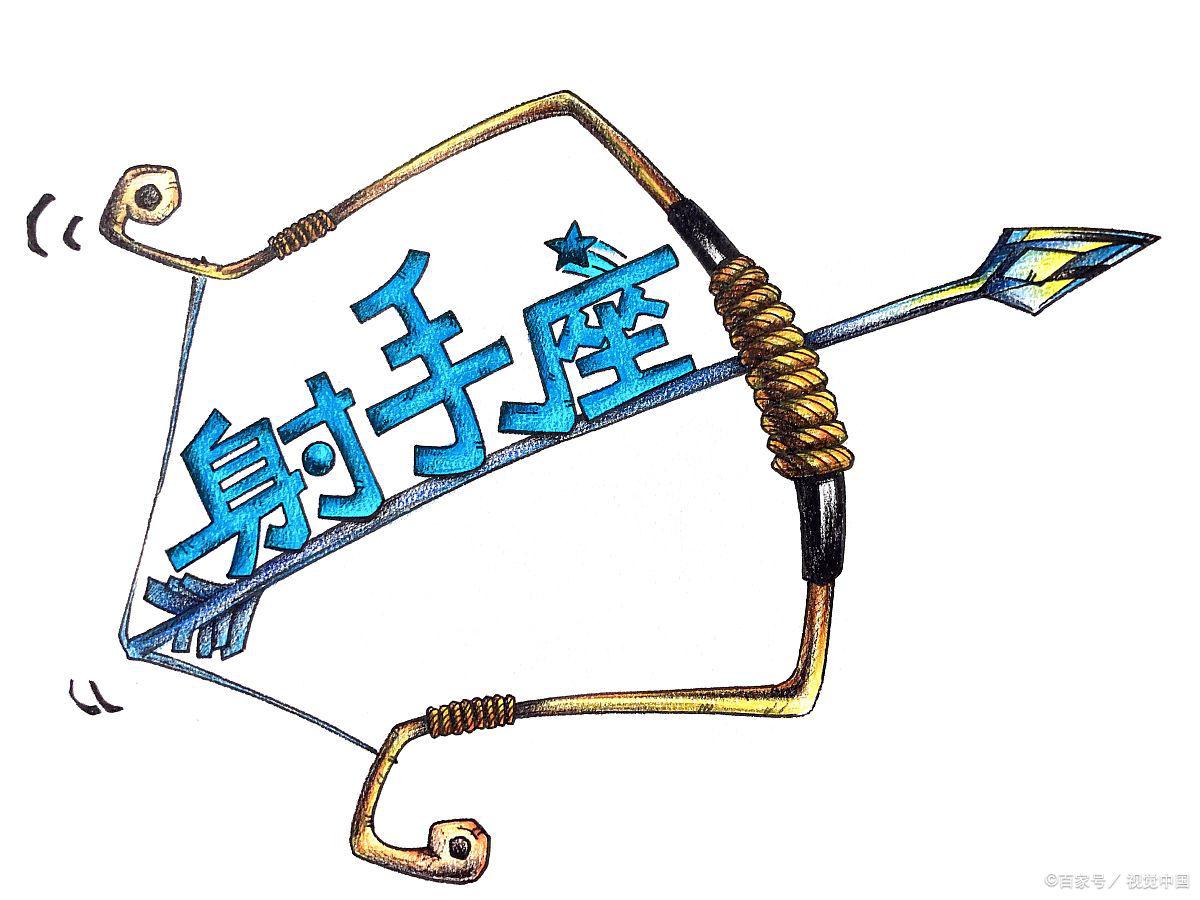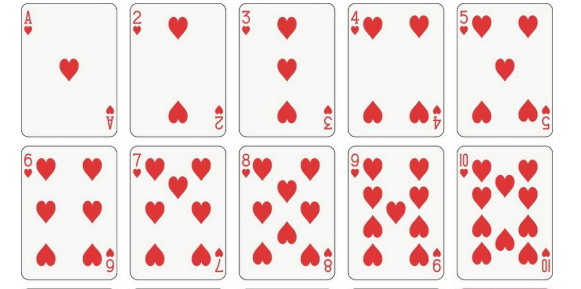I like to eat carrot与I like to eat carrots的区别?
I like to eat carrot与I like to eat carrots的区别?
解答:应为:I like to eat carrots.
我喜欢吃胡萝卜。(carrot要用复数来表示胡萝卜这类东西。)
They love to eat carrots .翻译成中文
They love to eat carrots .翻译成中文
They love to eat carrots .翻译成中文
他们爱吃胡萝卜。
下面分享相关内容的知识扩展:
rcartos能组成什么单词?
rcartos能组成单词:carrots
carrots的中文翻译是:胡萝卜(carrot的复数形式)
词语分析:
carrots
英 [ˈkærəts] 美 [ˈkærəts]
n.
胡萝卜;(为说服人做事所许诺的)酬报,好处
carrot的复数
双语例句
He 's violently allergic to carrots , peanuts and many other fresh fruits and
vegetables . "
艾森伯格对胡萝卜、花生和其他许多种新鲜水果与蔬菜严重过敏。
Fresh carrots and green bell peppers in a market .
新鲜的胡萝卜和绿色的甜椒在市场。
Wash carrots thoroughly before use .
在使用前洗干净胡萝卜。
But she says the campaign may help carrots seem cool .
但她认为广告有可能使胡萝卜变得酷起来。
The era of just-in-time carrots could soon be upon us .
我们可能很快就会迎来胡萝卜零库存的时代。
七年级下册英语十单元grammarfocus翻译
What kind of noodles would you like?
你想要哪种面条?
I'd like beef noodles.
我想要牛肉面。
What size do you want?
你想要多大的?
I'd like a large bowl.
我想要一份大碗的。
Would you like a large bowl?
你想要一份大碗的吗?
yes.
是的。
Is there any meat in tomato and egg soup?
西红柿鸡蛋汤里有肉吗?
No, No. No, no meat.
不,没有。不,没有肉。

这部分内容主要考察的是情态动词的知识点:
本身有一定的词义,表示语气的单词,但是不能独立作谓语,只能和动词原形一起构成谓语。情态动词用在行为动词前,表示说话人对这一动作或状态的看法或主观设想。
情态动词虽然数量不多,但用途广泛,常见的有: can (could), may (might), must, need, ought to, dare (dared), shall (should), will (would).
四大分类
①只做情态动词:may, might, must…
②可做情态动词又可做实义动词:如:need, dare.can...
③具有情态动词特征:have(had,has) to,used to, ought to
④可做情态动词又可作助动词:如:shall(should),will(would)
how+about+having+chicken+and+carrots+this+evening是一般将来时吗
how+about+having+chicken+and+carrots+this+evening不是一般将来时一般将来时(The Simple Future tense)表示将来某一时段的动作或状态,或将来某一段时间内经常的动作或状态。在英语时态中,“时“指动作发生的时间,”态“指动作的样子和状态。
一般将来时常常和表示将来的时间状语连用。如:tomorrow(明天), next week(下周 );in the future(将来);in a year(一年以后)等。 一般将来时由助动词shall(之一人称),will(所有人称) 动词原形构成。美式英语则不管什么人称,一律用will。或用主语+am/is/are + going to + 动词(be going to)
一般将来时基本句型:
be going to表示计划、打算做某事或者有迹象表明某事要发生。后+动词原形。
be to do 表示客观的计划或者安排要做某事,比be going to 更强调客观性。
be about to+动词原形,意为马上做某事,不能与tomorrow,next week等表示明确将来时的时间状语连用。
①肯定句:主语 +be going to /will/shall + 动词原形
②否定句:主语 + Be动词 not going to /will not/shall not + 动词原形
③一般疑问句:Be动词+主语+ going to +动词原形
Will/Shall+主语+ 动词原形
简略回答:(肯)Yes,主语shall/will
(否) No,主语 +shan't/won't
④特殊疑问句:特殊疑问词+一般疑问句(就主语提问时,以疑问 词who开头的疑问词除外)
----- Why will you be here on Sunday?(周日你为什么将要在这儿?)
-----I will have a meeting on Sunday(我将要在周日举行一个聚会)
(对特殊疑问句要进行具体回答)
一般疑问句:be或will提到句首,some改any,and改or,之一二人称互换
We are going to buy some books and pencils this weekend.-------Are you going to buy any books or pencils this weekend?
这周末我们将要买一些书和铅笔。———— 你们是要在这周末买一些书和铅笔吗?
被动句:will/shall+be+v.ed(及物动词过去分词)
The letter will be sent tomorrow.这封信明天将寄出去
版权声明:本文内容由互联网用户自发贡献,该文观点仅代表作者本人。本站仅提供信息存储空间服务,不拥有所有权,不承担相关法律责任。如发现本站有涉嫌抄袭侵权/违法违规的内容, 请发送邮件至 举报,一经查实,本站将立刻删除。







